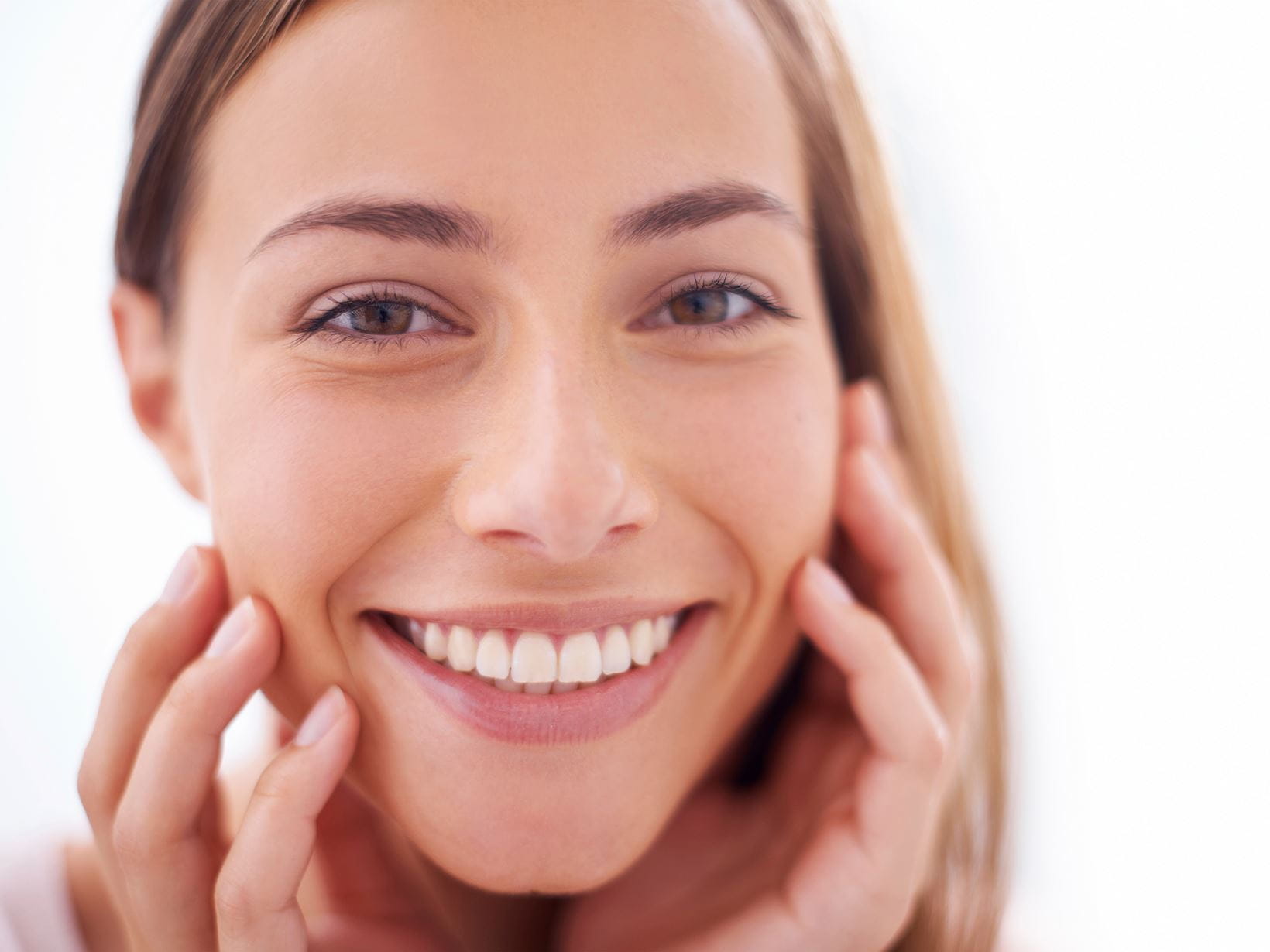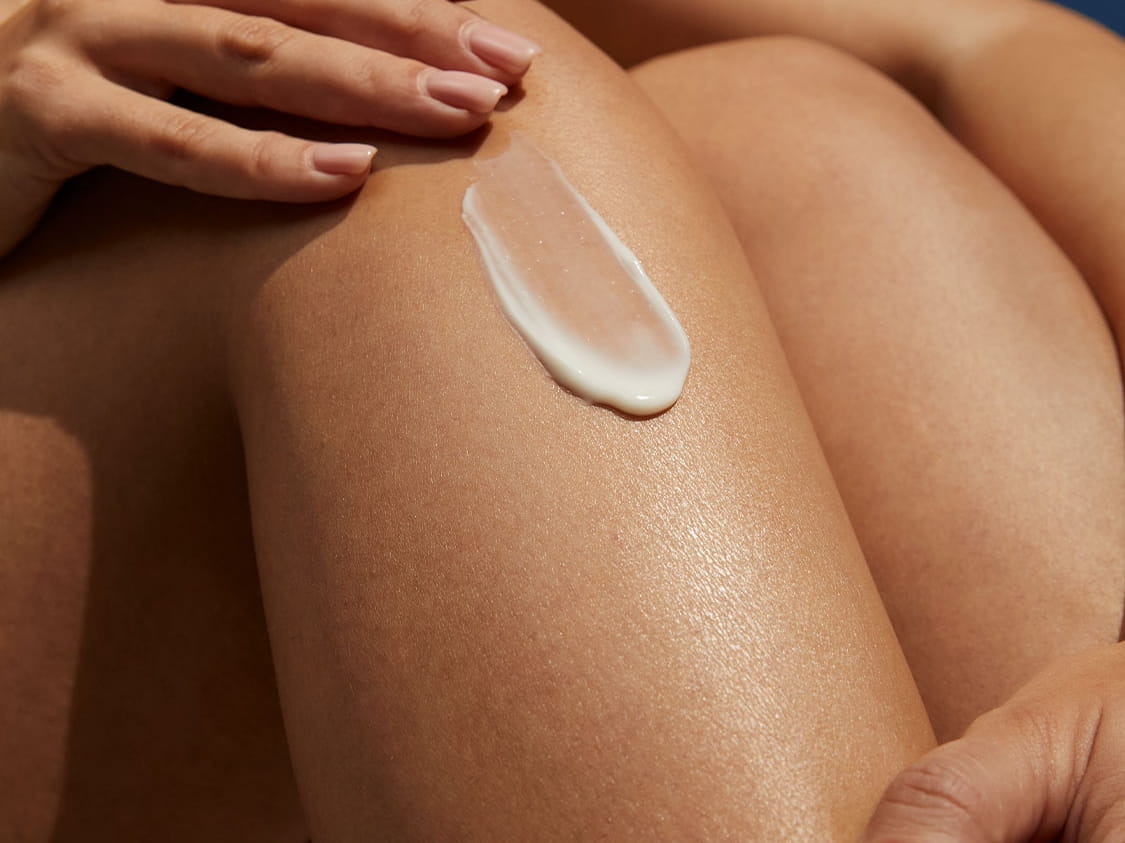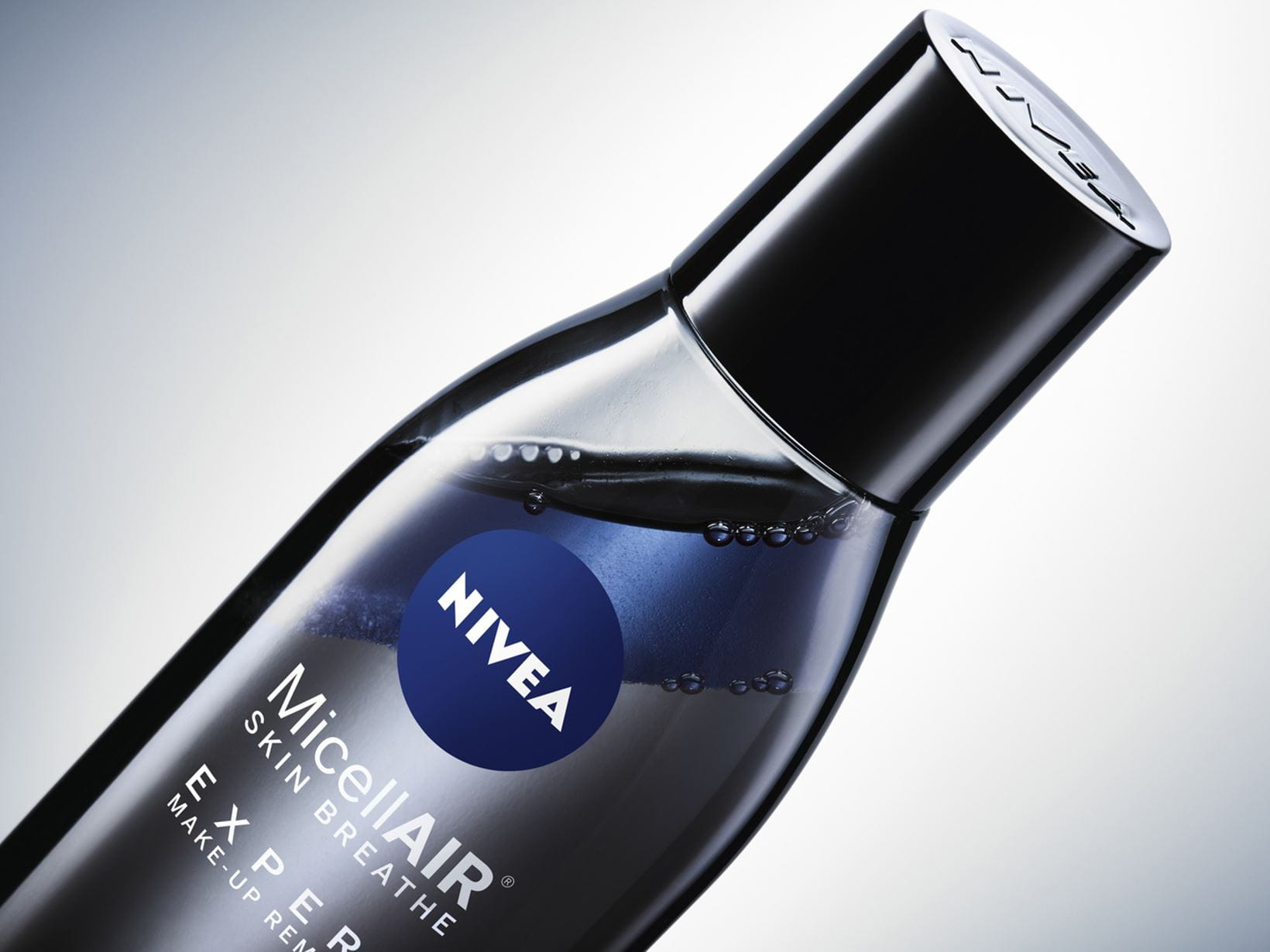For better or for worse, the new normal requires that we wear masks regularly, and for longer periods of time. This has caused a problem for quite a few people, especially front-line workers and those employed in the medical profession: mask-related acne, or maskne.
Let’s take a closer look at the phenomenon known as maskne, how to prevent maskne and how to treat your mask-induced malaise. For further information on the subject of acne treatment, read our guide to dealing with acne-prone skin.
What causes maskne?
How to prevent maskne
Maskne Treatment



